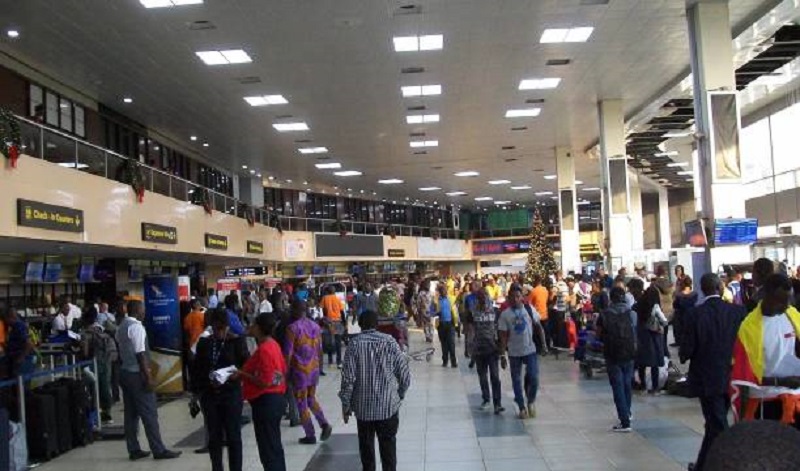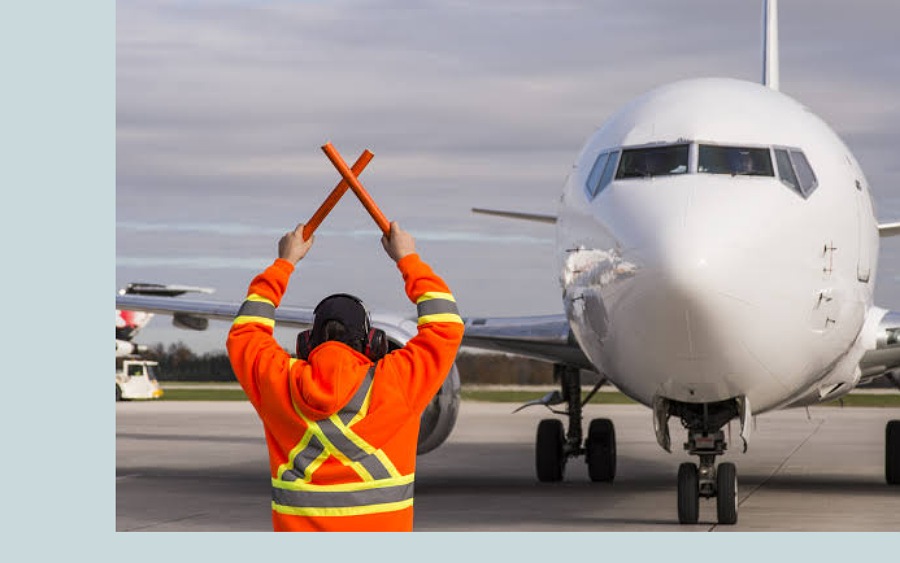Over the years, Aviation has been a bridge for the connectivity of markets, businesses, and investments. It has spurred tourism across the world, contributing effectively to GDPs for many nations.
The sector is an enabler and growth catalyst for supply chains with huge potential that has driven economies to soaring heights. In line with this progression, Africa’s aviation sector continues to show expansion capacities.
With a vast territory of more than 1.4 billion people, opportunities from aviation abound and expectations are unprecedented for the continent.
However, for social development, the sector’s necessities have not been tapped enough compared to what exists in other parts of the world.
Due to its sheer nature as a connector of people and culture, aviation enhances social development, improving people’s well-being to reach their full potential.
This social inclusion and investment extend to an economic influence that encourages self-sufficiency.
For this to take place, aviation stakeholders need to recognize and uphold the resources at their behest to strive on the journey of connecting African air transport to global markets to ignite such platforms.
Africa has the world’s youngest population, with over 400 million young people aged 15 to 35 years according to the United Nations.
This demography remains critical to spur the continent’s progress and advance its Social Development Goals, sustaining development potentials.
The African Continental Free Trade Area (Afcfta) creates a huge opportunity to encourage social development and refocus.
This continental market is expected to increase intra-African trade by 52.3%, deepen continental integration, create more jobs, and avail substantial gender-balanced opportunities. Within a social context, this could also drive poverty eradication on the continent in line with the United Nations Sustainable Development Goals (SDG) projects to end poverty by 2030.
Just like the sector has been a focus for economic development, it can be implied similarly for social development if harnessed effectively. All hands must be on deck to support this cause through a humanitarian approach.
An exciting way this can be improved through aviation is to harness its dependence on tourism to provide a huge opportunity for human capital potential to improve living conditions.
While Africa accounts for 18% of the world’s population, the continent accounts for only 2.1% of air transport activities inclusive of cargo and passengers.
This gap calls for more attention to aviation’s contribution to social investment especially within an intra-African capacity. As an ardent practitioner in the aviation sector, I have always been passionate about telling African stories through a positive lens.
Within my space as a pilot, I have made some attempts to create awareness about humanitarian support and capacity expansion.
Life is an adventure, and the road that leads to our actions most of the time starts with curiosity. When Lola Odunjinrin took the decision to fly solo across the world, it was to make an impact hence the partnership with Project Transcend, to inspire young people, regardless of personal circumstances.
Besides being the first African to achieve this feat, more importantly, it highlighted the fact that Africans are capable of breaking barriers through extraordinary attempts.
The goal of that flight across 25 countries, 35 stops in nine months was to inspire meaningful interactions that will strengthen relationships and connect people from various backgrounds to appreciate life better.
Through adventures like this, we can drive benefits within the region, through intra-African trade and sustainable development to position the sector further in providing solutions for social development.
The International Air Transport Association (IATA) is making efforts to strengthen aviation’s contribution to Africa’s development and improve connectivity, safety, and reliability for passengers. In addition, efforts by individuals and organisations through public and private partnerships will go a long way in sustaining initiatives to drive a focus on Africa.
As aviation activities improve with more innovation, sustainability remains essential.
There is an ongoing climate crisis and growing carbon emissions which portends challenges for the aviation sector. This is another aspect that can be impacted by social development.
Driving initiatives to optimize a green future will be more efficient through social interaction and campaigns by individuals and businesses, through partnerships that align with operational efficiency to meet diverse human needs.
Air travel and its resources should be used as an enabler and expanded as a required public utility.
Through engagement and more platforms to push personal and team initiatives, we can herald a new approach to social growth for communities, and cities, at national, and international levels.
Aviation will boost social development because it resonates with people and cultures thereby playing an important role in connecting ideas.























